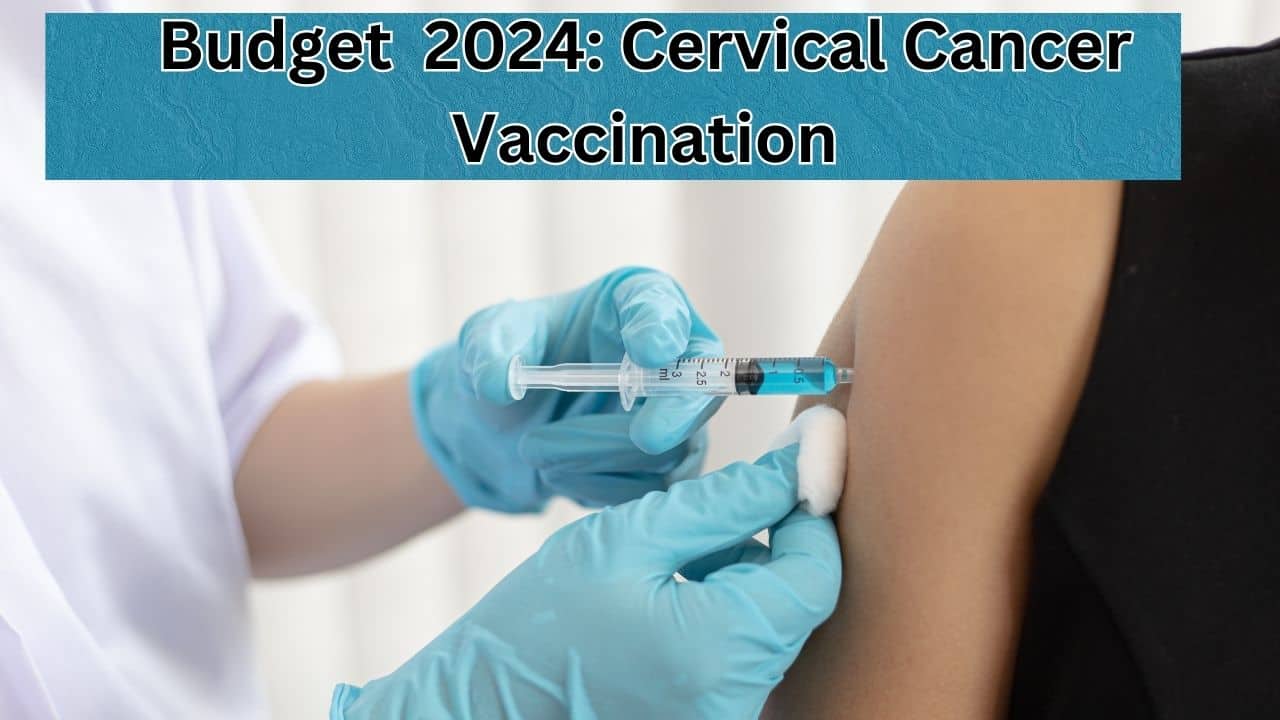Vaccination can prevent most cervical cancers and some that affect the anus, vulva (the area around the vaginal entrance), vagina, and oropharynx (the back of the throat, including the tonsils and base of the tongue). Most genital warts are caused by HPV types that are also prevented by the vaccine. With the government announcing its intention to incorporate the Cervical Cancer Vaccination Budget into the nation’s immunization program, vaccines to prevent cervical cancer are probably going to become more affordable.
Why is the HPV vaccine important?
The common virus known as genital HPV is spread from person to person during sexual activity by direct skin-to-skin contact. Though most sexually active people are unaware of it, most will get HPV at some point in their lives. Late adolescence and early adulthood are the years at which HPV infection peaks. Between their genital areas, men and women can get any one of the approximately 40 different types of HPV. The majority of HPV strains have no symptoms and disappear on their own.
However, some can cause cancers of the anus, penis, vagina, vulva, and oropharynx, among other less common cancers, as well as cervical cancer in women. Genital warts, which affect both men and women, are caused by other forms of HPV. The risk of genital warts is not fatal. However, they can be extremely uncomfortable to treat, and they can lead to emotional stress. In the United States, approximately 12,000 women receive a cervical cancer diagnosis each year, and 4,000 of them pass away from the illness. In the United States, 1% of sexually active adults have genital warts that are visible at any given time.
Gov to Cervical Cancer Vaccination Budget for Girls Aged 9-14
Union Finance Minister Nirmala Sitharaman stated in her interim budget speech for 2024–25 that the government would actively “promote” vaccination to combat this deadly disease, two years after the National To prevent cervical cancer in women, the HPV vaccine should be included in the Universal Immunization Programme (UIP), according to the Technical Advisory Group for Immunization (NTAGI).
Despite this assurance, the finance minister left open questions about the government’s plan’s inclusion in the national immunization program by failing to provide precise details. “As a preventive measure against cervical cancer, our government will encourage vaccination for girls aged 9 to 14 years,” Sitharaman declared in her budget speech.
According to official reports, cervical cancer is the second most common cancer among women worldwide, with a significant contribution from India. Despite national efforts by the central government to establish cancer screening programs, the prevalence of HPV continues to be high because of low awareness and restricted access to vaccination programs.
The International Agency for Research on Cancer (IARC) predicted 77,348 deaths and 123,907 new cases of cervical cancer in India, per GLOBOCAN 2020. Precancerous lesions can be found through routine screening with Pap smears or HPV tests, allowing for early intervention and the prevention of cancer. Unfortunately, screening rates are shockingly low in India, especially in rural areas. This results in late-stage diagnoses and inadequate access to prompt treatment, which prevents unnecessary deaths and unrealized potential.
Which girls/women should receive HPV vaccination?
Girls between the ages of 11 and 12 should get an HPV vaccination. Girls as young as 9 years old can also receive the HPV vaccine. It is also recommended for women and girls between the ages of 13 and 26 who have not yet received the entire series of vaccinations or who have not received the HPV vaccine. The CDC advises 11 to 12-year-olds to receive two doses of the HPV vaccine to guard against HPV-related cancers.
How effective is the HPV Vaccine?
The HPV vaccine targets the HPV types that can cause certain cancers of the vulva, vagina, anus, and oropharynx in addition to being the most common cause of cervical cancer. It also offers protection against the majority of genital warts’ causing HPV types. The HPV vaccine is very successful in preventing both the specific HPV types that are targeted and the majority of common health issues that they can cause.
Young women who have already been exposed to one or more HPV types are less likely to benefit from the vaccination in terms of preventing HPV-related illness. This is so that HPV cannot infect a person before they are exposed to it. Currently, active HPV infections or illnesses linked to HPV are not treated by the HPV vaccine.
How long does vaccine protection last?
Studies indicate that the protection provided by vaccines is persistent. According to recent studies, which have tracked vaccinated individuals for ten years, there is no indication that protection has weakened over time.
